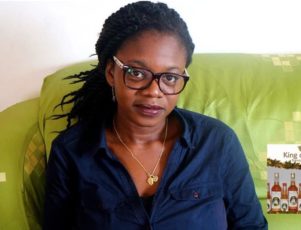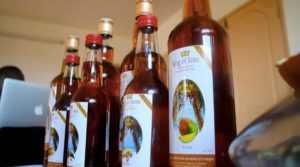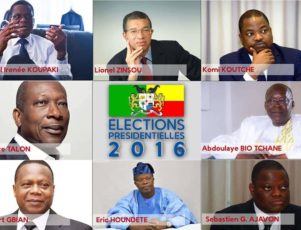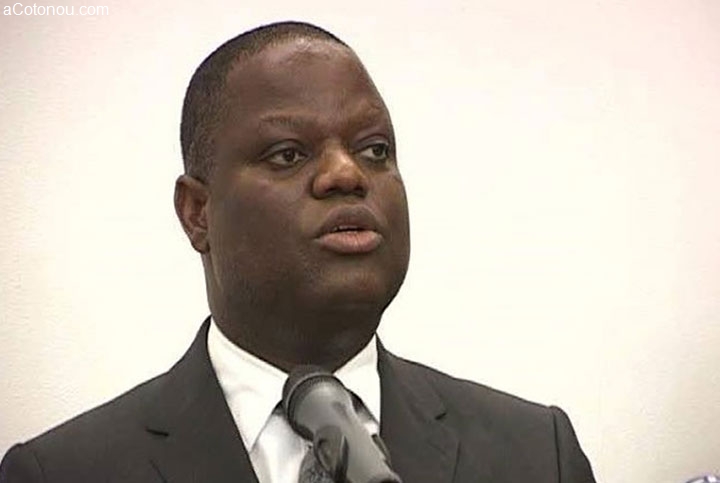Benin received a $50 million International Development Association credit to invest in its tourism sector that will, hopefully, add an additional 30,000 jobs.
In March 2016, The World Bank approved a $50 million International Development Association (IDA) credit to Benin to invest in its tourism sector. The IDA provides grants and zero-interest loans, via the World Bank, to the world’s poorest countries to increase business opportunities and, ultimately, reduce poverty and improve standards of living by improving various industries. The tourism industry is Benin’s second largest source of foreign exchange currencies and third largest employer behind agriculture and commerce. The investment is intended to reduce the vulnerability of Benin’s economy, given its high dependency on informal trade with Nigeria, and its reliance upon the cotton sector.
The five year project, Benin Cross Border Tourism and Competitiveness Project (CBTCP), is a part of longer-term 2013-2021 tourism plan. The overarching aims of the World Bank’s funding are to increase and improve the current touristic sites including the physical infrastructure, such as accommodation; to improve the skills of tourist-industry personnel; to effectively promote tourism through branding and targeted marketing schemes; and to improve the management of existing sites by reinforcing leadership frameworks. This project is slowly moving from conception to implementation: in mid-July, the government approved a decree that will establish the creation of the National Agency of Heritage and Tourism. The aim of this project, and its corresponding agency, is twofold. By increasing cross-border tourism and private sector investment, the World Bank hopes to move towards its goals of poverty reduction while boosting “shared prosperity.”
Benin capitalizes upon the ecotourism industry

Visitors to a cultural festival in Benin
Investment will occur in the country’s key tourist destinations, mainly Abomey-Calavi, Cotonou and Ouidah, and hopes to help more than 1,000 existing tourist firms. More than 20% of these firms are led by female entrepreneurs, a point which both the World Bank and government of Benin are emphasizing as part of a gender inclusive initiative. It is hoped that, by investing in these firms, more jobs will become available for both unemployed Beninese people, and for citizens currently working in less secure industries, such as the cotton industry.
Benin is poised to capitalize upon the ecotourism industry if it can appropriately monetize its natural resources into well-kept tourist destinations. In order to do so, however, Benin will have to make a concerted effort to appropriately allocate World Bank funds. The first step is to clean up the existing potential tourist attractions: Benin’s coastline has been damaged from decades of open defecation, lack of waste removal systems and failure of sanitation infrastructure to remove both human and manufactured detritus. It seems that, hypothetically, the newly created National Agency of Heritage and Tourism may be able create jobs for people both working directly in the tourism sector, and for people working on clean-up projects.
30,000 additional jobs
In fact, according to the World Bank Country Director for Benin, Burkina Faso, Cote d’Ivoire, Guinea and Togo, “if efforts are made to meet [Benin’s] potential, tourism’s direct contribution to the country’s GDP will be increased by up to 30%, and could generate an estimated 30,000 additional jobs.” Thus far, the tourism industry has failed to develop as rapidly as that of other West African nations, due in part to the inability of private tourism operators to apply for loans. As capital has become less concentrated with the proliferation of tourism providers, individual businesses have been unable to meet the minimum requirements in order to receive loans from local banks, let alone international financial institutions.
The CBTCP will encourage private commercial banks to extend loans to businesses that fall in the “micro, small and medium sized” enterprise (MSME) category. The CBTCP will use World Bank funding to mitigate creditor risks through “first-loss cover,” thereby shouldering some of the risk that banks have been unwilling to absorb.
The National Agency of Tourism and Heritage directly looked after by Patrice Talon
The biggest fear of both Beninese citizens and outside observers is that the funds will be inappropriately allocated without direct oversight: the National Agency of Tourism and Heritage is not, as one would expect, overseen by the Ministry of Tourism, but is directly looked after by the President, Patrice Talon. The government has not issued an explanation of why this is, but hopefully it will not cause any confusion in the allotment of resources.








